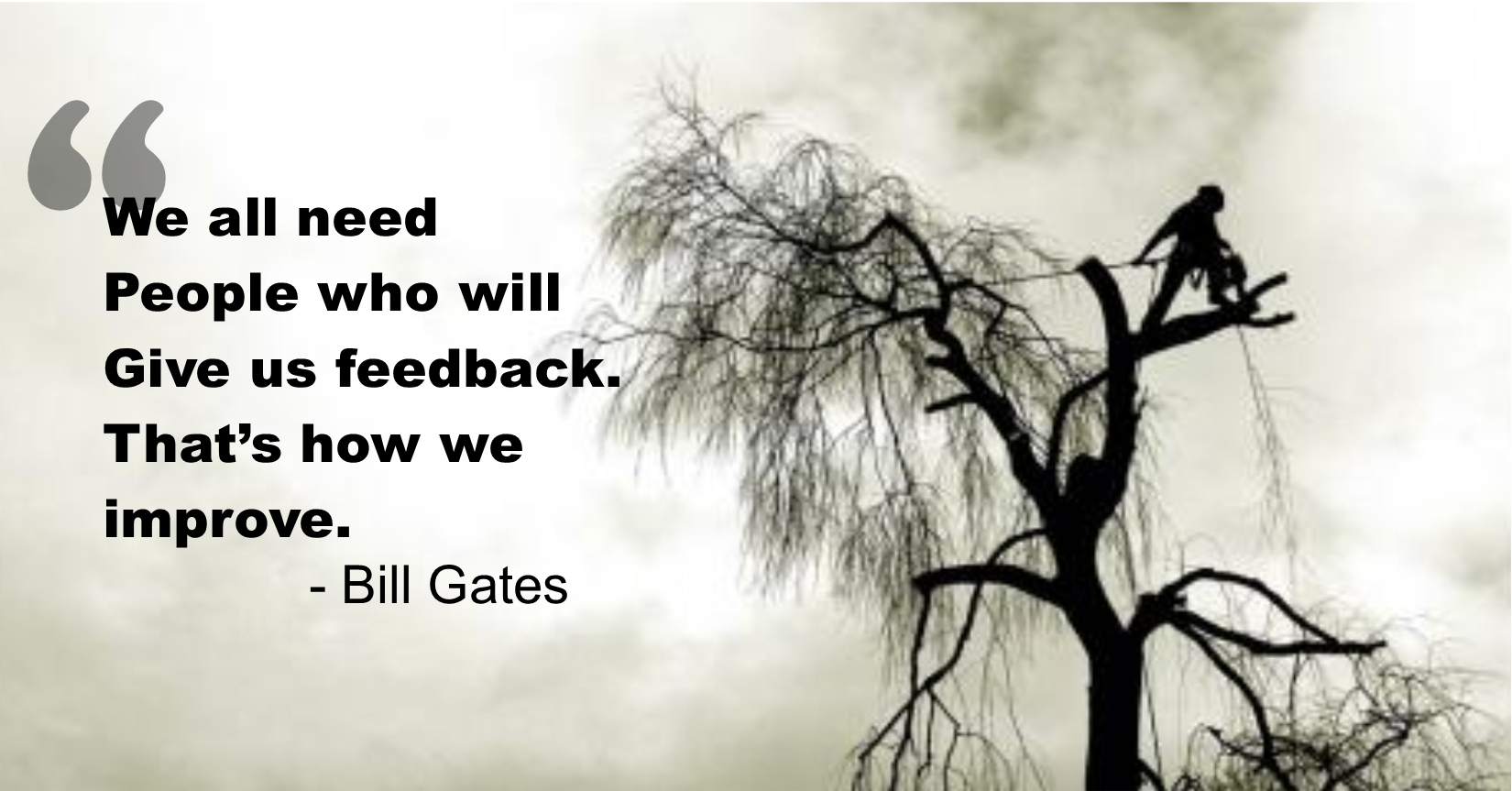Most Recent
Featured Stories

Subscribe To Receive Our Blogs
Popular Stories
Popular Tags
Arborist General Interest Business Arborist Gear Skills Training Events Tree CareI had the chance to take part in a recent event for tree climbers where I saw many familiar faces and as many that I hadn’t seen before. I was amazed by the contributions made by a few individuals that were either not from the area or were new to the area and the event. I learned a lot and I was challenged on my understanding and opinions, and that’s why I keep going back to these things. Embracing the enthusiastic contributions from outsiders can change your world overnight, but only if you let it.
I picked up a phrase from a podcast I heard a couple of years back that has become somewhat of a mantra for me: “Challenge your status-quo biases”. Before you can challenge your biases, analyzing what biases you’re carrying and examining how those biases were formed is beneficial. The ball got rolling (for me) as a post-conversation analysis, typically when I felt a response to a conversation was a bit of a weak moment for me. What did I not like about that exchange and how might I handle it differently next time? From there, my conversation style has modified to challenge biases on the fly, particularly on topics of the arboricultural subject matter. Where once I would have been quick to provide a squash-y response, I am more recently genuinely enjoying listening and asking questions. There are still hiccups, but I can say with certainty that I have enjoyed the discussions that probably wouldn’t have amounted to much positive a few years earlier.
There were a few points in my career that I was the outsider. I like to keep those experiences fresh and reminisce on what that experience felt like at the time. I knew deep down that my skills and experiences were probably valuable to the workplace I was joining while I was simultaneously aware that I was in an unfamiliar environment with a great deal to learn. I remember those breakthrough moments when I was asked to contribute suggestions on how to achieve a difficult task, and I remember how it changed the atmosphere almost immediately with my coworkers. It felt great to contribute.
When roles were reversed as the years piled on as an arborist in the community, it was clear that I was in a position to encourage the free flow of ideas, or stifle them. Some of the greatest boosts in my capabilities or understanding came from operating on an open-door ideas policy.
- Gary Oaks



